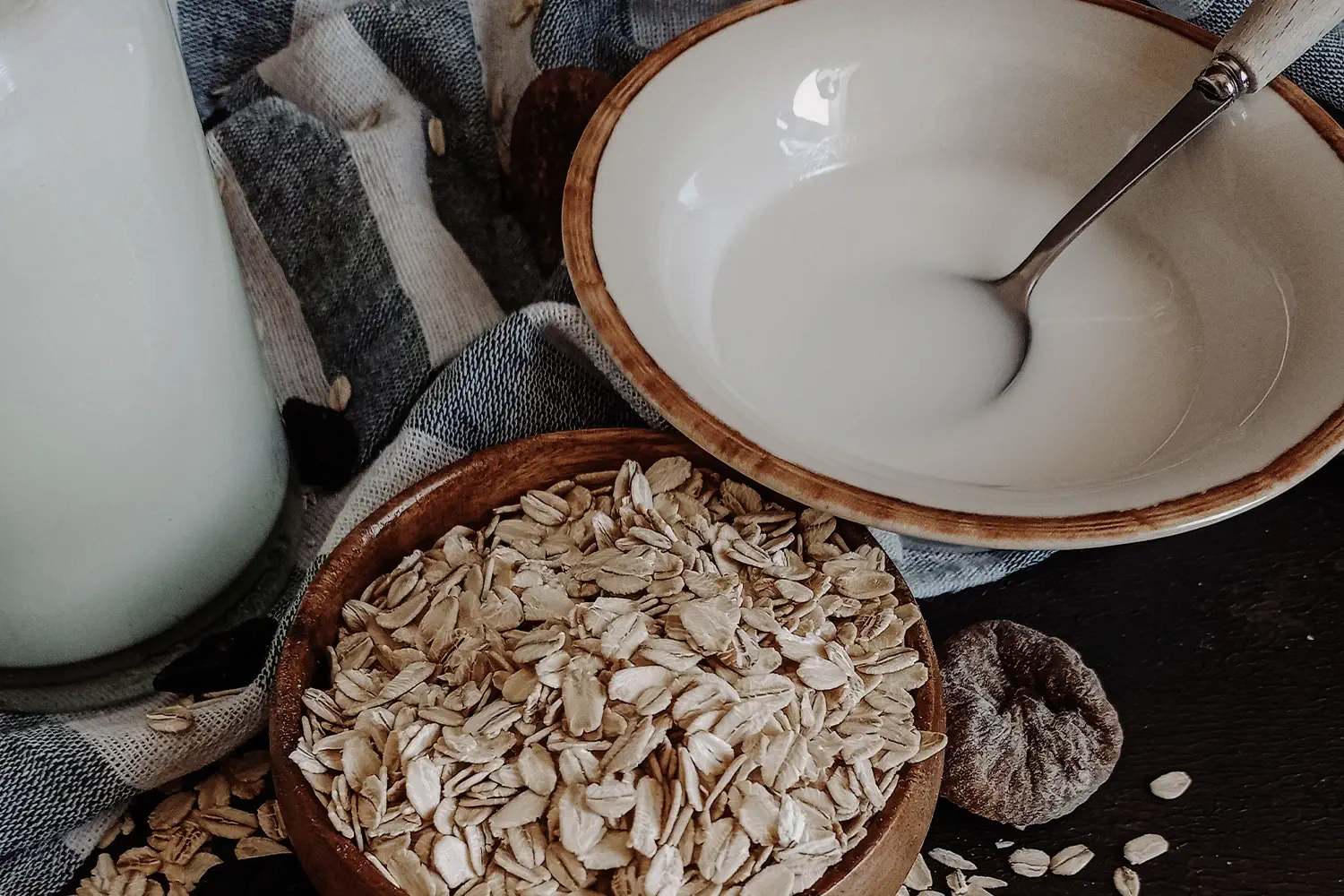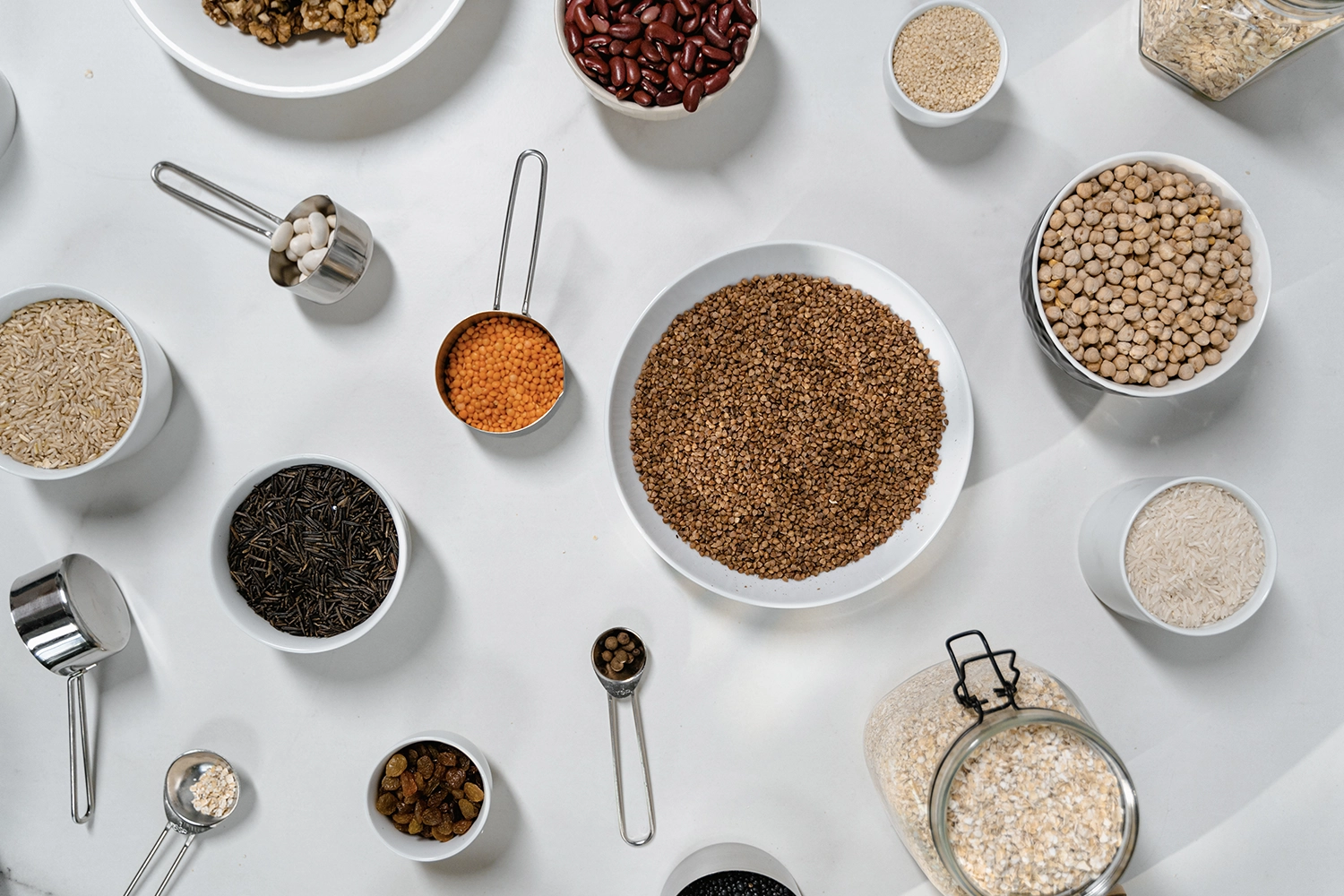Contrary to what you might think, pesticides are not a modern invention. Humans have used substances to protect their crops since before 2000 BC. The first documented pesticide was elemental sulfur, applied by Ancient Sumerians to protect crops from insects. Up through the 15th century, medieval farmers and scientists investigated different methods of pest control, experimenting with toxic chemicals including arsenic, mercury, and lead in an effort to increase crop yield.
In 1939, Swiss chemist Paul Hermann Müller discovered that dichlorodiphenyltrichloroethane, also known as DDT, had insecticidal properties — a discovery that led to Müller’s award of the Nobel Prize in 1948 and also helped to combat the spread of malaria. This discovery preceded the proliferation of pesticide products in the 1950s, which was later deemed the “Golden Age” for pesticides.
About twenty years later, Rachel Carson, a marine biologist and conservationist, published “Silent Spring,” a book that highlighted the detrimental effects of DDT and other pesticides on the environment and public health. Her findings influenced the US and 80 other countries to ban the use of DDT and galvanized the environmental movement, including the formation of the Environmental Protection Agency (EPA) and other grassroots organizations in the United States.
Today, our industrial agricultural system relies heavily on pesticides. An ever-growing list of herbicides and fungicides are used by farmers to protect their crops. While pesticide use has undoubtedly led to significant gains in agricultural production and reduction in disease transmission, these benefits have often overshadowed the widespread awareness that they are harmful to human and environmental health.
With that, let's dive into pesticides, also known as the reason why you should get friendly with the growers at your local farmer’s market.
What Are Pesticides and Why Should I Care?
Pesticides are chemicals that protect crops
Various plants, insects, rodents, fungi, and bacteria can be considered agricultural pests, and pesticides are substances used to control them. Pesticides, also referred to as crop protection chemicals, can be classified by target organism (e.g., insecticide), chemical structure (e.g., synthetic), and physical state (e.g., gaseous). (Source)
We're exposed to pesticides in numerous ways, daily
Although our exposure to pesticides is primarily through residues found on the food we consume, pesticides are also found in the air we breathe, the water we drink, and even in mothers’ breast milk. Here are a few stats to give you a sense of just how widespread they are:
- According to the EPA, over 1.1 billion pounds of pesticides are applied annually to crops in the US (mostly in combination with genetically-engineered seeds that are resistant to them). (Source)
- Almost 70% of the fresh produce sold in the U.S. contains residues of chemical pesticides, based on analysis of the USDA’s latest annual data. (Source)
- A 1995 paper in the Journal of Agricultural and Environmental Ethics stated that at that time just 0.1% of applied pesticides reached their target pests, leaving the remainder to contaminate the local ecosystem. (Source)
Pesticides are toxic by design
Pesticides are created with the express purpose of killing living organisms — insects, plants, animals, and fungi that are considered pests. Unsurprisingly, pesticides have also been associated with short- and long-term effects on human health, including elevated cancer risks and disruption of the body’s reproductive, immune, endocrine, and nervous systems. (Source)
The US has different pesticide standards than other countries
As part of the approval process for new pesticides, the EPA assesses possible health impacts, drafts usage guidelines, and establishes tolerances (amounts allowed on or in food). However, many EPA-designated tolerance levels focus primarily on toxicity and carcinogenicity and may not fully consider other health risks or potential long-term health effects. The US continues to use several pesticides banned in the EU or other countries, including atrazine, glyphosate, 2,4-D, paraquat, and neonicotinoids, which have been linked to serious health or environmental consequences. (Source)
What Does the Research Show About Pesticides?
Pesticides are linked to autoimmune diseases, cancer, and hormone disruption
In a 2007 study, a review of death certificates recorded over a 14-year period suggested that farmers who were exposed to pesticides while working with crops were more likely to die from autoimmune conditions than those who worked solely with animals. Studies have also shown that the use of the herbicide dicamba is associated with increased risk of various acute and chronic cancers and that organophosphates may lower testosterone and alter thyroid hormone levels. (Source, Source, Source, Source)
Pesticides may lower IQ
David Bellinger of the Harvard School of Public Health has estimated that American children under the age of 5 have collectively lost 17 million IQ points due to organophosphate pesticides. (Source)
Pesticides may have transgenerational effects
Remember epigenetics and the debate over whether or not modifications may be inherited by future generations? A study of rats suggested that parent rats’ direct exposure to glyphosate, the most commonly used pesticide worldwide, had significant effects on their third-generation offspring that were never directly exposed to the pesticide. The possible effects included prostate disease, obesity, kidney disease, ovarian disease, and birth defects. The results of this study suggest that we need to incorporate generational toxicology into our considerations for the risk assessment of pesticides. (Source)

.svg)
.png)















.png)

 (1).webp)









 (1).jpeg)

.webp)
.webp)

.webp)

 (2).webp)

%201 (1).webp)

 2 (1).webp)




.svg)
.svg)